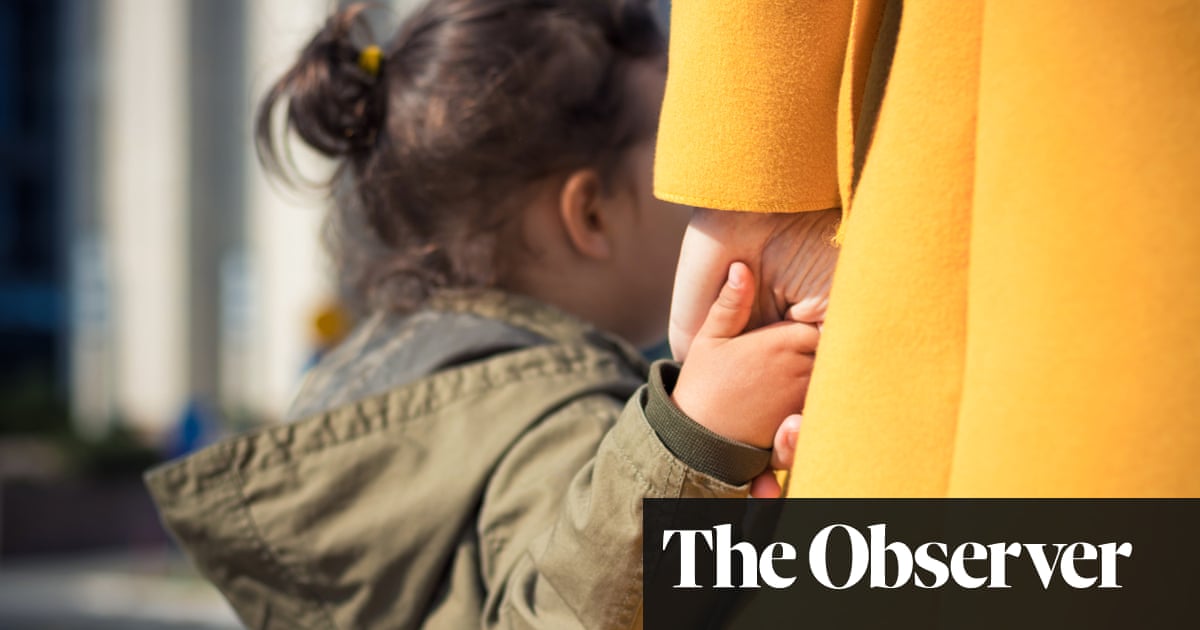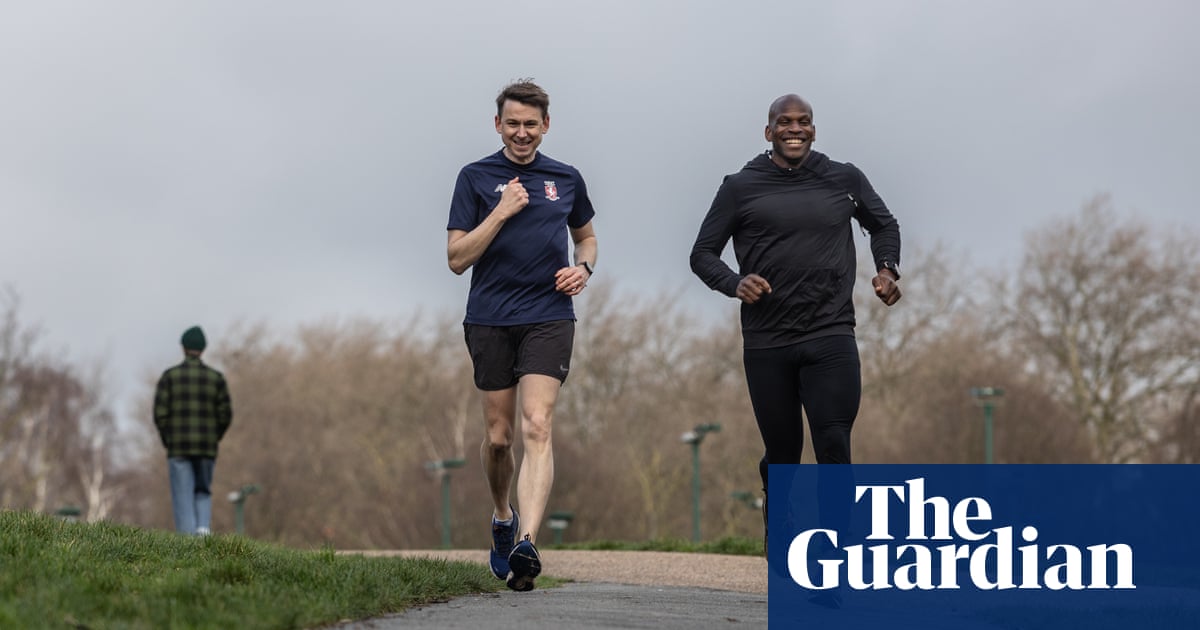
y husband and I were on holiday in Greece when the email arrived to tell us we were having a baby. Our surrogate was pregnant after the first embryo transfer. This was the news Bill and I had dreamed of; it was our final attempt at parenthood, whatever the outcome. We had been trying to have a baby for nine years, and I had experienced five miscarriages. We were emotionally and physically drained.
A couple of weeks before the news came, we had flown from our home in Australia to Bangkok. My eggs were collected and Bill made his contribution. Later, an embryo was transferred into the Thai surrogate’s womb. I was 37 by then, and surrogacy was not a decision we had taken lightly. I had done a lot of research to find the right country with the right laws and an ethical clinic; surrogates there had completed their own families and were not financially pressured.
But days after we found out about the pregnancy, we saw news reports about another Australian couple who’d had twins by a surrogate in Thailand and reportedly left one baby behind when he was born with Down’s syndrome. This sparked an international outcry. The Thai government banned commercial surrogacy with immediate effect.
Our stomachs sank. Clinics across Thailand were raided as the authorities clamped down on the industry. We had no idea what this meant for couples like us. We tried to phone the clinic but there was no answer. We emailed the doctors frantically but heard nothing back. We had no direct contact details for the surrogate mother, as the clinic had managed communication between us. We wanted to reach out and assure her we would never abandon our baby.
Our worst fears were that we might never hear from her again, or that she might feel the need to have an abortion. Or she might go through with the birth but put our child up for adoption, afraid of getting into trouble. Even if she wanted to give us the child, we had no idea if we would be allowed to take our baby back to Australia. These thoughts sent us spinning. Our dreams were being ripped away again.
We contacted the Australian embassy in Bangkok and tried to find our surrogate’s village, intending to go there to reassure her – but we got nowhere.
Eventually, the Thai government announced a decision would be made about existing surrogate pregnancies in four days’ time. The wait was excruciating. Daily, our fear intensified. I was prepared to be arrested, to go into hiding or to fight it out in the Thai courts for years if necessary. Bill said he’d be prepared to go to jail in Thailand if it meant I could take our baby back to Australia. Of course, it put pressure on our relationship.
A week later, we finally got the news: in future, foreigners caught organising surrogacies in Thailand would face 10 years in prison, but any current arrangements could go ahead; those involved would not face charges. And with that, it was over.
The clinic emailed the next day to assure us our surrogate was fine and healthy. Later, we found out that she had been worried but felt sure everything would work out. She was always so calm.
Seven weeks before our due date, there was a call from Bangkok to say our baby had been born. I didn’t even know our surrogate had gone into labour. I called my husband, tears in my eyes and said, “We’re parents.” We booked a flight right away.
As I held my son, Evander, in my arms for the first time, it felt as if I was in another world. Years of emotion swam up. I wanted to take everything in, from the top of his head to the tips of his toes.
Evander is now five, and such a happy little boy. We’ve processed what we went through and when he started to ask questions, we told him the truth in a way he could understand: my tummy wasn’t working and a friend helped us out; thanks to her, we were able to have him.
We’ve kept in touch with our surrogate. Our families met each other, and we still exchange photographs. I see her children growing and she sees pictures of Evander. Bill and I want her to know that this is something we’ll never forget.
• As told to Sophie Haydock
Do you have an experience to share? Email experience@theguardian.com












